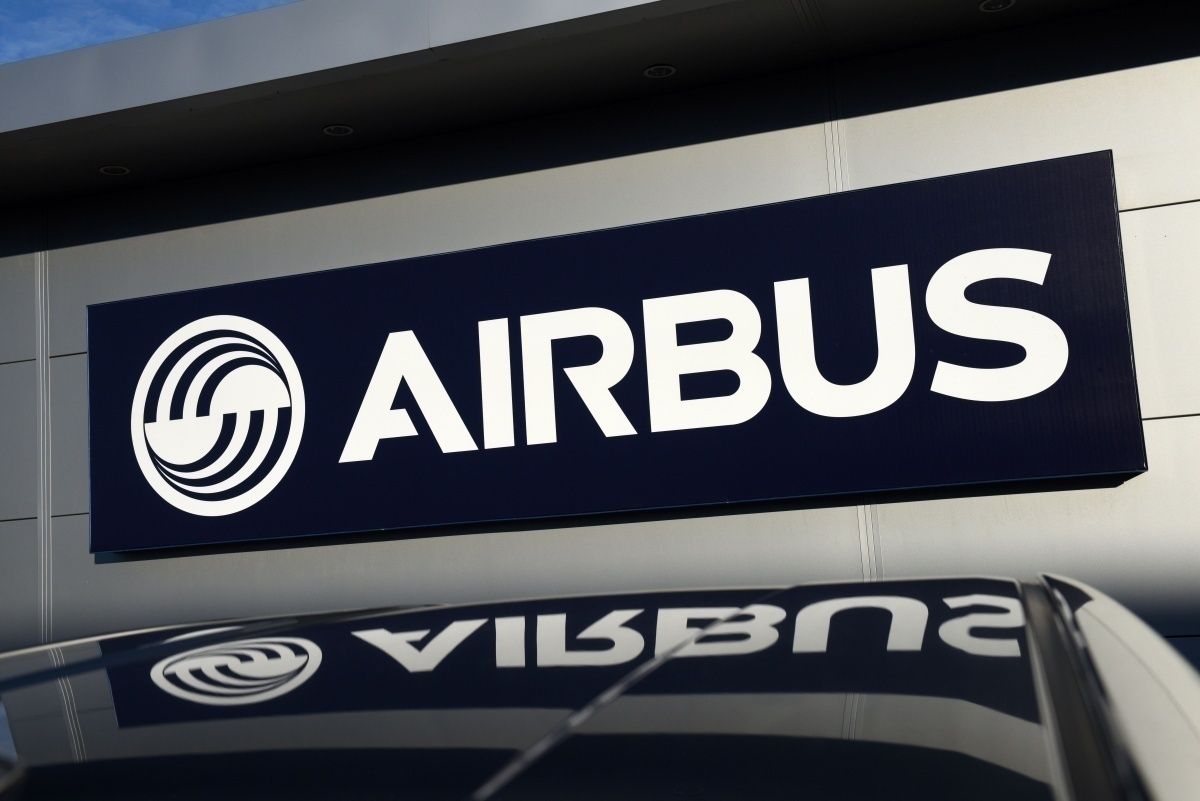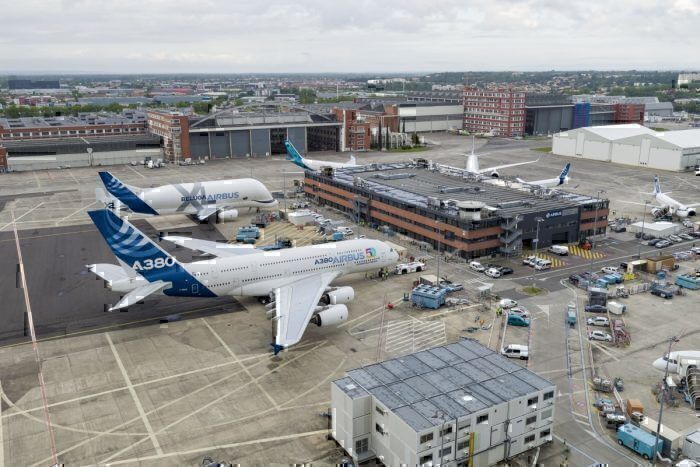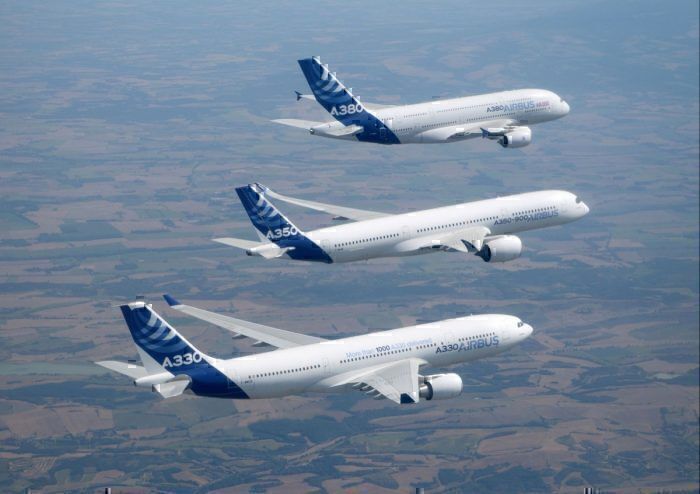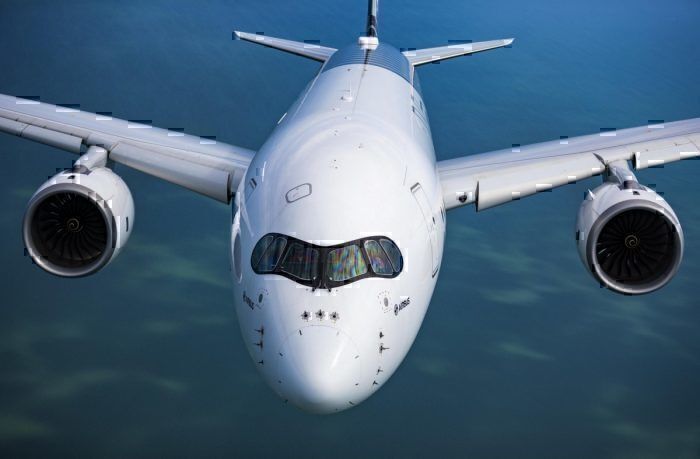Airbus’ fully owned subsidiary Skytra has announced that it will offer a new class of derivatives contracts aimed at supporting the air travel industry’s revenue risk management. It is a brand new, never seen before, industry-specific and revolutionary approach towards reducing the revenue risk and volatility in aviation. We analyzed this complex concept to better understand how it is going to work.
How will it work?
Skytra has developed a family of global and regional indices that track the daily changes in the price of air travel in each geographic market. They show an average $/RPK (Revenue Passenger Kilometer) in a given region. That value tends to be quite volatile due to external events, cyclical demand, political issues or terrorist attacks. The firm plans to launch its coverage initially for the following markets Europe - Europe, Asia Pacific - Asia Pacific, North America - North America, Europe - North America, Europe - Asia Pacific and North America - Asia Pacific.
Currently, airlines can minimize the risk of exposure to costs such as oil prices or volatile currencies. The airlines do so by fuel hedging or by purchasing currency swaps. However, the options and futures based on Skytra's indices will become the first financial instruments allowing airlines to hedge their revenue risk. What that means is that airlines will be able to protect themselves from lower fare prices and hence lower yield ($/RPK) via entering into financial contracts.
How can airlines use it?
According to Skytra, the vast majority of airline tickets are sold in the last five weeks before takeoff, which makes future revenues very difficult to foresee, especially in comparison to the expenses that are planned much earlier in advance. Additionally, unexpected events such as terrorist attacks, political instability or extreme weather can severely impact demand and decrease fare prices, hence decreasing the $/RPK (yield) for the airlines.
For example, if an airline is planning to launch a new route, it would purchase an aircraft for that, hire crew and agree airport slots. All of that is done months, if not years, prior to launching the route. If most of the ticket revenue comes only five weeks before the departure of the plane, the airline remains uncertain whether it will operate that route at a profit or at a loss.
If, two weeks prior to launch, a terrorist attack takes place in the country it's planning to fly to, that dramatically slashes demand for travel into that country. As a result, the airline is forced to reduce its fare prices significantly ($/RPK falls), meaning it could end up operating the flight at a loss.
Once Skytra’s derivatives become operational, that airline will be able to sell a futures contract that will allow it to lock its $/RPK at a given price. Even if the demand falters, the airline will still be able to lock in the profits. Thanks to such financial contracts, the aviation industry’s profitability can immunize itself against any demand shocks driving the markets.
More information about the market
Naturally, airlines will be always keen on securing the highest yield rates possible. On the other side of the transaction, we would expect to see “natural buyers” for these contracts with a common interest in seeing stable or lower air travel prices. These “natural buyers” can include corporations with large travel budgets or financial institutions interested in investing in imbalanced markets.
Some questioned the fact of limited liquidity, however, Skytra is engaged with a number of market makers and liquidity providers who, through their trading activity, will support and enhance the liquidity of Skytra’s futures and options contracts. That should provide the necessary downward pressure on the prices, also reducing the spread between the ask and put prices.
Why is it so revolutionary?
It is a particularly interesting move, as it is the first time that we have seen an airline manufacturer offering a financial derivative service to the airlines. Other financial instruments used by airlines are also not industry-specific and have not been developed by an aviation expert.
Skytra’s 28 indices took two years to develop, during which time the firm has worked in close collaboration with Airbus’s customers - particularly airlines’ Revenue Management Systems and Treasury teams.
Skytra seems to be a great idea for Airbus, one that can potentially increase the profitability of the industry and hence increase the number of clients for the European producer.
About Skytra
This Airbus subsidiary is based in London and was established in 2019 with the aim of producing new air travel indices as well as to operate a regulated trading venue. Skytra is led by a senior management team drawn from both the aviation and financial sectors, its CEO is Mark Howarth – who has over 20 years of experience in the financial services sector.
The company is currently seeking approval from the UK’s Financial Conduct Authority (FCA) aimed at becoming a regulated Benchmark Administrator for its air travel indices. It is expected to launch by the end of 2020.




